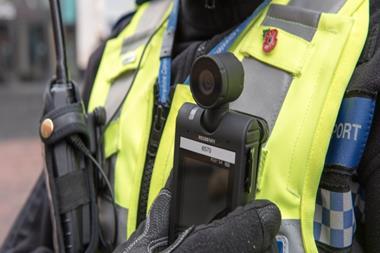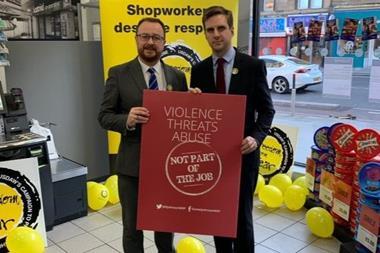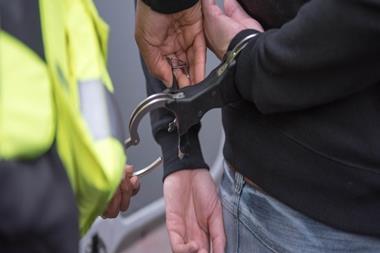The retail industry has called on the government to take action to stop abuse and violence towards workers.

One year on since the Home Office closed its consultation on violence and abuse against shopworkers, the Association of Convenience Stores (ACS), using data from the Commercial Victimisation Survey estimates that there have been over half a million incidents of verbal abuse, threats and physical violence suffered by people working in the retail and wholesale sector.
ACS chief executive James Lowman urged the government to take action. “Retailers and their colleagues working in shops have been on the front line throughout this pandemic. Despite keeping their communities fed and connected, people working in convenience stores have still been subject to a significant amount of unwarranted and unacceptable abuse. It remains the case that the justice system is not doing enough to tackle the cycle of repeat offending, and retailers lack confidence in the police’s ability to deal with crimes committed against their business. We’re once again sending a clear message to the government that action is needed to support our members and the 405,000 colleagues that they employ.”
Increase in incidents
Figures from ACS’ Covid-19 Impact Survey, released last month, show that 40% of convenience retailers have seen an increase of violence and abuse from customers in their stores since the start of lockdown. It also reported that many shopworkers have also faced Covid-19 related threats, such as coughing and spitting.
The 2020 ACS Crime Report, released in March, also showed that 83% of people who work in the convenience sector have been subject to verbal abuse over the last year. The most common triggers for violence and abuse are encountering shop thieves, enforcing age restrictions, and refusing the sale of alcohol to intoxicated customers.
The Co-op has also called for action on the issue. It reported that store crime has increased by more than 140% in the year to May 2020 and that 1,350 attacks on staff were recorded by mid-June.
Co-op Food CEO Jo Whitfield said: “Last year, more than 600 of my colleagues bravely took the time to share their own experiences of abuse, violence and intimidation with the Home Office as part of their call for evidence. Yet here we are, a year on since the consultation closed and there has still been no response. My colleagues need to have their contributions acknowledged in order to know that the Government takes retail crime seriously. This issue is not going away, it’s just getting worse thanks to the onset of Coronavirus.
“The role played by shop workers in serving their communities, particularly doing the last twelve weeks, is nothing short of amazing and they have rightly been deemed as key workers who are playing an essential role in keeping the nation fed. Yet despite this recognition, they are continually disrespected and have to contend with unprecedented levels of violence and abuse on a daily basis. This is not a Co-op problem, it’s a societal one that all retailers are concerned about.
Whitfield urged support for the Assaults on Retail Workers (Offences) Bill which is due for a second reading on 11 September 2020. The Bill states that because shop workers have responsibilities to uphold the law on age restricted products, they should be afforded greater protection in carrying out those public duties.
General secretary of shopworkers’ union USDAW Paddy Lillis added: “At a time when we should all be working together to get through this crisis, it is a disgrace that people working to keep food on the shelves for their local communities are being abused and assaulted. Urgent action is required. Our message is clear, abuse is not part of the job.
“We want the government to legislate for stiffer penalties for those who assault workers; a simple stand-alone offence that is widely recognised and understood by the public, police, CPS, the judiciary and most importantly criminals. Retail staff have a crucial role in our communities and that role must be valued and respected, they deserve the protection of the law




























No comments yet